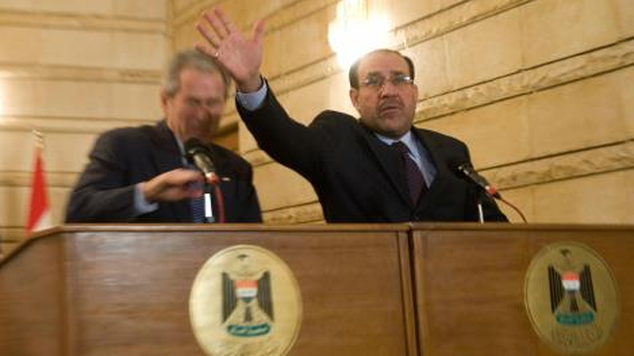Today marks the anniversary of the American-led invasion and subsequent occupation of Iraq. It was an event that over the course of 12 years mutilated life, decimated Iraq's archaeological riches, and encouraged the spirit of vengeance. The moment of destruction tells its own story.
"We meet here during a crucial period in the history of our nation and of the civilised world. Part of that history was written by others, the rest will be written by us.”
These were the opening remarks delivered by former US President George W. Bush – words that would lead to the de-civilisation of the birthplace of human civilisation. It is 12 years since America trudged through Iraq under the pretext of the 'war against terror': but the country at large remains haunted by the traces of a belligerently fought war as remembered by many.
The move towards military intervention, particularly in absence of UN Security Council backing, in any event, defies just about everything on which the global system of governance was founded and predicated. The messy realities plaguing the country at present, it seems, echo motives similar to those during the British invasion of Mesopotamia in 1914. Yet the idea of an instant democracy failed in both instances.
While it may have appeared reasonable for America to swoop down into Iraq and provide stability to an otherwise chaotic political environment, less reasonable is the rape of Iraq's oil and populace. As US foreign office records expose, plans for the distribution of Iraq's natural energy resources and petroleum fields were illegally drawn up well before 2003. Corporate deviance of the scale and nature suffered by Iraq evidently trumps other policy considerations such as democracy promotion. Actions, after all, as Mukhtar said, "are judged by their results...if post-invasion Iraq was to be objectively tested against pre-invasion Iraq, one would see how everything is worse: health, education, water sanitation, waste management, and utility services."
He did however state that Iraq after Saddam has been enjoying greater availability of mobile phones, freedom of press in the guise of dozens of satellite television stations fomenting and stoking sectarian tensions by vilifying the faith of others. In a conversation with Mustafa, a 25-year law graduate living between Baghdad and Diqar, in spite of greater freedom for expression, "we [Iraqis] speak not in the language of equality but the language of sectarianism".
Read More


 RSS Feed
RSS Feed